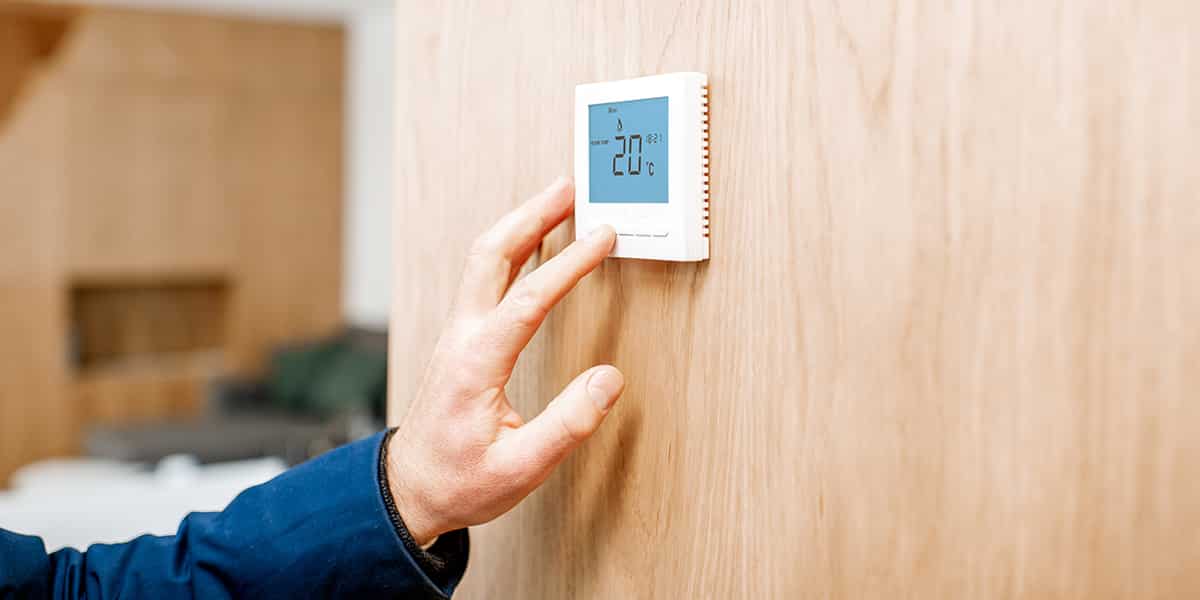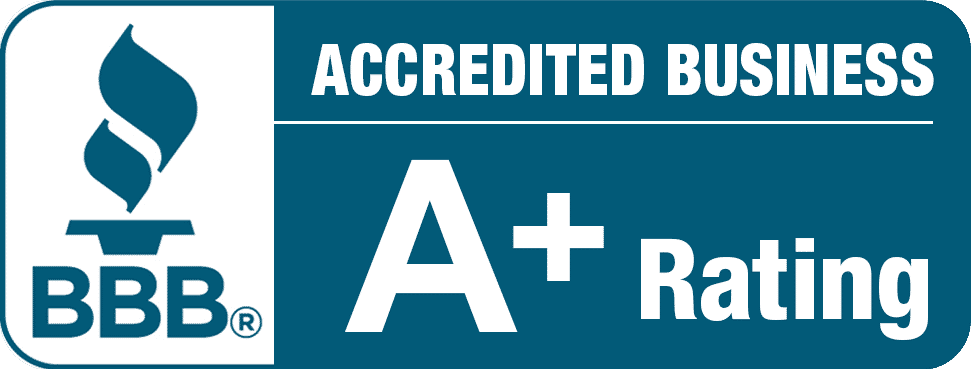
HVAC systems are an essential element of any home or business. An HVAC system heats, cools, and controls the humidity levels in the rooms inside your property. Without HVAC humidity control features, humidity levels could rise in your home or office and reduce the efficiency of your system.
At Rock Valley HVAC, Inc., our team specializes in HVAC maintenance, repair, and installation. Our experts created this guide to explain the ins and outs of HVAC humidity control. For more information on humidity control and HVAC services in Evansville from Rock Valley HVAC, give us a call today at 608-496-9907.
Your HVAC System and Humidity Levels in Your Home
Many homeowners have questions about their HVAC system, humidity levels, and overall efficiency. Manufacturers produce modern HVAC systems to manage indoor humidity levels. In fact, your unit likely reduces humidity in the air as part of its normal functions.
HVAC units remove moisture from indoor air because low humidity makes it easier for the systems to perform their primary tasks: heating and cooling your home.
The Impact of High Humidity on Your HVAC System
Most HVAC systems remove moisture from the air without any problem. However, some units can’t keep up with high humidity levels. As a result, you may notice increased humidity inside, especially if you have an older HVAC model or experience particularly muggy days.
High levels of humidity inside your home reduce the efficiency of the HVAC system. As a result, the unit must work harder to reduce the temperature, which can:
● Raise your energy bills
● Lead to uneven cooling or heating
● Increase the wear and tear on your unit
Some HVAC systems wear out faster or break down due to consistently high humidity levels, making this a serious issue for homeowners.
Signs That You Have a Humidity Issue
How can you tell if your HVAC system has trouble adequately removing moisture from the air? After all, manufacturers design these systems to perform this task. To prevent a costly breakdown or replacement, keep your eyes open for four common signs of HVAC humidity control issues, as follows.
1. Wet or Damp Spots
Excess humidity eventually gathers and forms drops of water. Many property owners notice moisture spots on their walls or ceilings as humidity levels rise. Some homeowners may even believe they have a leak before realizing the water came from the air.
2. Strange Smells
High humidity levels can give the air in your home a musty smell. Odors travel better in a moist environment, so other smells around your home may seem intensified.
3. Condensation on Glass
Water collects quickly on panes of glass as humidity levels increase in your home. Property owners often report evidence of condensation on their mirrors or windows. If you have concerns about indoor humidity levels, we recommend looking for condensation on the inside of windows, not the outside.
4. Mold Growth
Finally, mold flourishes in damp environments. Humidity often encourages fungal growth in the basement, kitchen, or bathroom areas. As a result, you may notice strange odors or discoloration on the walls, ceiling, or floors.
How to Test the Humidity Levels in Your Property
High humidity levels can impact the cooling capacity of your HVAC unit. For this reason, it’s essential to keep track of the moisture in your home. Alongside looking for the signs we already discussed, you may want to purchase a hygrometer.
Hygrometers measure the exact humidity levels in your home. A few days with high humidity levels may not be a cause for concern. However, professionals recommend getting expert help if you notice consistently high indoor humidity levels.
Causes of High Humidity Levels
High indoor humidity levels can occur for several reasons, as follows.
1. Older HVAC Systems
Some older HVAC systems do not come with full moisture removal features. Therefore, they may not have the power to pull moisture out of the air or keep the humidity at an acceptable level.
2. Improperly Sized HVAC Systems
Some property owners believe that bigger is always better for heating and cooling systems. Unfortunately, selecting an oversized HVAC system can cause problems with your property.
Large units cool your home very quickly. However, they may turn on before thoroughly removing moisture from the air. Over time, this can result in higher humidity levels.
3. Unusually Humid Outdoor Air
Sometimes, external air has more moisture than your HVAC system can handle. Issues with outdoor humidity usually become more of a problem in the summer. During these months, your HVAC system may need extra help getting rid of moisture.
Ways to Control the Humidity Levels in Your Home
High levels of humidity often make property owners feel uncomfortable. Some homeowners try to get used to the humidity, but this can:
● Put unnecessary strain on your HVAC system
● Increase the risk of a mold outbreak
● Raise your energy bills
With that in mind, experts often recommend taking additional actions to manage high moisture levels. Luckily, you have several ways to deal with excess moisture levels in the air. For example, you can sometimes support the HVAC system in removing more moisture by reducing the temperature in your home.
However, lowering the temperature can cause your HVAC system to run more frequently, raising energy expenses and putting more strain on the system. As such, this solution often does not work in the long term. Instead, our team at Rock Valley HVAC, Inc. recommends adding an extra dehumidification system to your property.
Home Dehumidification Options in Janesville
A dehumidifier removes moisture directly from the air in your home or office. Depending on the amount of unwanted moisture in your home, you may consider a portable dehumidifier. Many store-bought dehumidifiers have the power to remove moisture from a single room.
You must empty store-bought dehumidifiers sometimes several times a day if you have a significant humidity issue, though. They also only work for a small space. Therefore, humidifiers aren’t usually the best choice for many homeowners.
Alternatively, you can install a whole-home dehumidification system. Technicians generally install whole-home dehumidifiers alongside your heating or cooling system. These systems remove moisture from the air as it circulates through your home. Then, they dispose of the excess moisture by funneling it through drains.
When to Change Your HVAC System to Reduce Humidity Levels
In some cases, installing a dehumidification system may not resolve your humidity issues. For example, a dehumidifier may only help if the excess humidity comes from an improperly sized HVAC unit.
If you have an HVAC unit that’s too big for your property, it may make more sense to replace the system with a new model. Getting an appropriately sized unit reduces humidity levels and helps you avoid uneven temperatures throughout your home.
You can work with our professionals at Rock Valley HVAC, Inc. to discuss ways to handle high humidity levels on your property. HVAC professionals can also perform repairs to address damage caused by improper moisture levels.
Our crew will assess the condition of your HVAC unit to determine whether overuse or age have contributed to its malfunction. In some cases, we can perform repairs to undo some of the damage caused by high humidity. Alternatively, you may need to install a dehumidifier or consider a new HVAC model to avoid the problem in the future.
Eliminate High Humidity Levels with Rock Valley HVAC
HVAC humidity control can become a major issue for homeowners. If your HVAC struggles to control humidity, reach out to our team at Rock Valley HVAC, Inc. for answers. We handle Janesville humidifiers and can provide you with information about HVAC units and dehumidifiers. Contact us today by calling 608-496-9907.



